17 Eye-healthy habits
Posted in Eye Blog, Eye-Opening, Medical
Eye health habits are important. Making just a few changes in your routine will make a big difference!
1. Drink lots of water. Drinking adequate amounts of water is good for your body, and it’s also good for your eyes! During the winter season especially, Dry Eye is often a concern. Drinking water helps with that, as does this list of other things to do when you have dry eyes.

2. Eat a nutrient-rich diet. One of the best things to do for your vision is make sure you have the right vision-supporting nutrients. Certain vitamins, for example, can help slow the progress of age-related macular degeneration. And there’s more: Dr. Nannette Crowell says, “Most of the antioxidants and phytonutrients are not actually vitamins, but may be even more important.” Omega-3’s also help relieve dry eyes, among other things.
3. If you smoke, think about making this the year you quit. There is high correlation between smoking and the progression of quite a few common eye diseases; I wrote a blog on the subject a few years back, when the surgeon general had released new information. There is also a link there to a handy paper on the subject, if you want to talk to a loved one about it.

4. Have good eye safety practices during higher-risk activities. See this blog about keeping your eyes protected during sports and various household chores and activities.
5. Have good eye safety practices for your kids. This blog focuses on your kids, especially if they are involved in school sports.
6. Lots of time on the computer? Rest your eyes frequently to prevent eye fatigue. Our opticians suggest the 20/20/20 rule: every 20 minutes, take a short break to look at something at least 20 feet away for at least 20 seconds.

7. Follow these four contact lens rules to prevent eye damage. As a former contact lens abuser myself, I want you to learn from my mistakes!
8. Pay attention to allergies. This is another one I struggle with. If your eyes feel chronically itchy, red, or watery, think about seeing a doctor, even if it just seems low-level most of the time. It’s worth it to feel clear again!
9. Check your vision insurance. With the new year, it’s a great idea to look up what kind of vision benefits you might have with your insurance, so you can schedule your annual eye exams.
10. Schedule your annual eye exam! This is one of the most important things you can do for your eyes, and not just to make sure your vision prescription is up-to-date. I recently blogged about how eye exams can sometimes diagnose other diseases, too. Which is why we perform Comprehensive Medical Eye Exams at Cascadia Eye.

11. Upgrade your eyewear. Many vision insurances cover new glasses frames or contact lenses every two years or so. Spring is always an excellent time to buy new frames; that’s when all the latest fashions make their debut. But Cascadia Eye has committed to providing beautiful, enduring fashions for under $100, year-round!
12. Use UV protection for your eyes. UV protection isn’t just sunscreen for your skin — your eyes need protection too! Make sure your sunglasses offer the necessary protection: read about it here.
13. Wear goggles when swimming. According to All About Vision, “goggles protect your eyes from waterborne bacteria that can cause sight-threatening diseases.” If you wear contact lenses, it is especially important to protect your eyes; in fact, it might be even better to get prescription goggles instead.

14. Stay active. Another health habit that covers nearly every aspect of your life! Staying active keeps your eyes healthy too. Diabetes and Macular degeneration is typically caused by damage or deterioration of the central area of the retina. A number of factors can lead to macular degeneration.macular degeneration are two diseases that can cause permanent vision loss, and studies have shown that both are affected by body fat percentage and levels of activity.
15. Be aware. Pay attention to how your eyes feel, and how your vision is doing. Here’s a handy infographic of what to look for, and what it might mean. For example, you may learn that fluctuating vision can be caused by some surprising things.
16. BONUS 1: Find out if LASIK or other refractive surgery is right for you. For me, being a contact lens “abuser” (see #7) meant I was always in danger of permanent cornea damage. Getting LASIK when I was 21 was a vision saver in more ways than one! It also gave me the freedom to do all kinds of active things (see #14).
17. BONUS 2: Help build better vision for the world. Another bonus habit is giving the gift of sight to others. Think about donating a pair of old glasses or helping our non-profit perform vision saving surgeries all around the globe.
Contact Cascadia Eye

If you would like to learn more about eye health habits, or if you would like to schedule an appointment at Cascadia Eye, please contact us today. We are happy to answer any questions you might have!
By Alex Brandt


